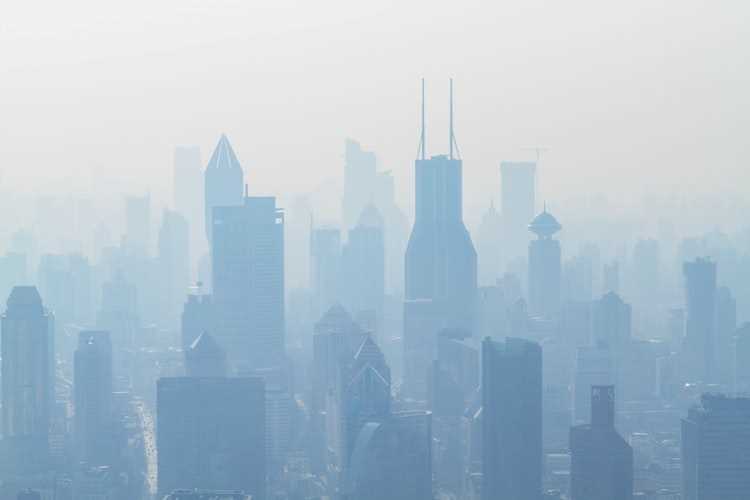
Scientists will soon be able to track pollution from space on an hourly basis with the European Space Agency, NASA and South Korea collaborating to create a set of space-based instruments to measure air quality.
As the first step South Korea’s Geostationary Environment Monitoring Spectrometer sent (GEMS) sent a satellite on February 18 equipped with an instrument to monitor ocean surface, reports US-based online news magazine the Verge. In 2022, NASA will send a similar devise to space which will be followed by two instruments from the European Space Agency to enhance its existing air quality monitoring satellites, says the report.
READ: Global CO2 emissions fall as power sector moves away from coal
The “virtual constellation” will collect detailed data to help curb pollutants such as nitrogen dioxide, smog, formaldehyde, and aerosols. It will measure pollution on real time basis, capturing the impact of rush-hour traffic and emission from power plants that work to meet peak power demand. Existing space-based instruments measure air pollution once a day. The latest South Korean satellite is the first to circle the Earth in geostationary orbit, constantly monitoring the same area.
The Korean satellite will monitor aerosols and smog over Asia from next year. The NASA equipment will measure pollution from oil fields, ships, and rush-hour traffic. The European agency will focus on daily air quality forecasts for Europe and North Africa. Together, these platforms will improve the body of knowledge on the aspects of air quality that affect health.
The collaboration between the three space agencies will go a long way in tackling air pollution, the biggest health hazard for humans. Long-term exposure polluted air increases the risk of respiratory and cardiovascular diseases. A study by the Max Planck Institute for Chemistry and the University Medical Centre Mainz has found that pollution causes a 2.9 years fall in average life expectancy per capita, much higher than other risk factors such as smoking, infectious diseases and violence.
READ: Climate change will destroy half of world’s beaches, says report
The study also examined the connection between pollution and diseases. The scientists studied the impact of separate pollution sources — differentiating between natural ones like wildfires and human-generated ones such as fossil fuel use — to estimate country-specific loss of life expectancy. They found that the loss of life expectancy is highest in East Asia (35%) and South Asia (32%). The figure for Africa was 11%, while the numbers for Europe and Americas were 9% and 6%, respectively.
About two thirds of the 5.5 million deaths caused by pollution every year are avoidable, says the study. It adds that the average life expectancy will increase by a year if the world nations banned the use of fossil fuels. According to an earlier report, at least 800,000 Europeans die prematurely every year due to air pollution.
Sajna Nair is a former banker. Her areas of interest are environment, art and culture.

